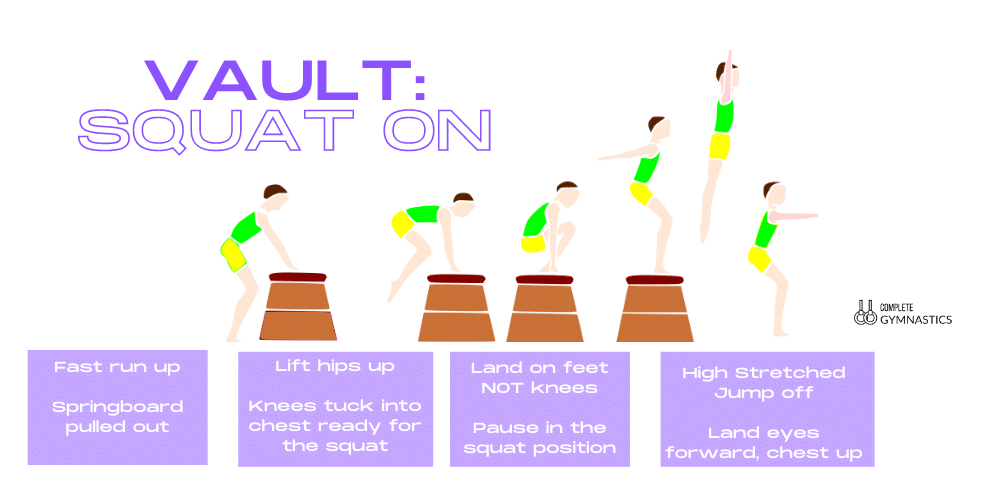
Powerlifting Nutrition: Fueling Your Gains
Powerlifting, the sport of strength-based lifting, demands more than just dedication in the gym. To truly maximize your potential, you need a meticulously planned nutritional strategy. Your diet is the foundation upon which your strength, muscle growth, and recovery are built. Ignoring proper nutrition will severely limit your progress, no matter how hard you train. This comprehensive guide will delve into the key aspects of powerlifting nutrition, offering actionable advice to help you fuel your gains and reach your full potential.
Macronutrient Balance: The Cornerstone of Powerlifting Nutrition
The three macronutrients – protein, carbohydrates, and fats – are essential for optimal powerlifting performance. Finding the right balance for your individual needs is crucial.
-
Protein: The Muscle Builder: Protein is the primary building block of muscle tissue. Powerlifters need significantly more protein than the average person to support muscle growth, repair, and recovery after intense training sessions. Aim for a daily protein intake of 1.6-2.2 grams per kilogram of bodyweight (0.73-1 gram per pound). High-quality protein sources include lean meats (chicken, turkey, beef), fish, eggs, dairy products, and plant-based options like tofu, lentils, and quinoa. Distributing your protein intake evenly throughout the day, consuming protein-rich meals and snacks every 3-4 hours, is crucial for optimal muscle protein synthesis.
-
Carbohydrates: The Energy Source: Carbohydrates are your body’s primary energy source, especially during intense powerlifting workouts. Sufficient carbohydrate intake is essential for replenishing glycogen stores, the body’s stored form of glucose, which fuels your lifts and prevents fatigue. Powerlifters should prioritize complex carbohydrates like brown rice, oats, quinoa, sweet potatoes, and whole-grain bread over simple carbohydrates like sugary drinks and refined grains. The optimal carbohydrate intake will vary based on training volume and intensity, but a general guideline is to consume 4-7 grams per kilogram of bodyweight (1.8-3.2 grams per pound). Carb cycling, strategically adjusting carbohydrate intake around training sessions, can be a useful technique for some lifters.
-
Fats: Essential for Hormone Production and Overall Health: Fats are often overlooked, but they play a crucial role in hormone production, nutrient absorption, and overall health. Healthy fats are essential for optimal testosterone levels, which are crucial for muscle growth and strength gains. Include sources like avocados, nuts, seeds, olive oil, and fatty fish in your diet. Aim for a fat intake of 0.5-1 gram per kilogram of bodyweight (0.23-0.45 gram per pound).
Micronutrients: The Unsung Heroes
While macronutrients form the bulk of your diet, micronutrients are vital for various bodily functions, including muscle growth, recovery, and immune function. A diverse diet rich in fruits, vegetables, and whole grains will naturally provide most of the necessary micronutrients. However, consider supplementing with a multivitamin if you struggle to meet your daily requirements through diet alone. Specific micronutrients to pay attention to include:
- Vitamin D: Crucial for calcium absorption and muscle function.
- Iron: Essential for oxygen transport and energy production.
- Zinc: Supports muscle growth and immune function.
- Magnesium: Important for muscle contraction and relaxation.
Hydration: The Often-Overlooked Essential
Proper hydration is paramount for optimal powerlifting performance. Dehydration can lead to decreased strength, reduced endurance, and impaired cognitive function. Aim to drink plenty of water throughout the day, especially before, during, and after your workouts. Monitor your urine color – pale yellow indicates adequate hydration, while dark yellow suggests dehydration.
Timing Your Nutrition: Pre-Workout, Intra-Workout, and Post-Workout Nutrition
Strategic timing of your nutrition can significantly enhance your performance and recovery.
-
Pre-Workout Nutrition: Consume a moderate-carbohydrate, moderate-protein meal or snack 1-3 hours before your workout to provide sustained energy. Avoid high-fat foods, as they can slow digestion.
-
Intra-Workout Nutrition: For longer training sessions, consider consuming a simple carbohydrate source like a sports drink or gel to maintain energy levels.
-
Post-Workout Nutrition: The post-workout period is crucial for muscle recovery and growth. Consume a meal or snack containing both protein and carbohydrates within 30-60 minutes of finishing your workout. This helps replenish glycogen stores and stimulate muscle protein synthesis. A protein shake with added carbohydrates is a convenient and effective option.
Supplementation: A Potential Aid, Not a Replacement for a Good Diet
Supplements can be beneficial for powerlifters, but they should be considered a supplement to, not a replacement for, a well-rounded diet. Some commonly used supplements include:
- Creatine: Improves strength and power output.
- Whey Protein: A convenient and efficient way to increase protein intake.
- Caffeine: Enhances performance and focus.
- Beta-Alanine: May improve muscle endurance.
Always choose high-quality supplements from reputable brands and consult with a healthcare professional or registered dietitian before starting any new supplement regimen.
Individual Needs and Customization:
The recommendations outlined in this guide provide a general framework. Individual needs vary greatly based on factors like training intensity, body composition, genetics, and individual preferences. It’s crucial to listen to your body and adjust your nutritional approach accordingly. Tracking your food intake using a food diary or app can help you identify areas for improvement. Consider consulting with a registered dietitian or sports nutritionist to create a personalized nutrition plan tailored to your specific goals and circumstances.
Sample Meal Plan (Adjust based on individual caloric needs and preferences):
This is a sample meal plan and should be adjusted based on individual caloric needs, macronutrient targets, and preferences.
Day 1:
- Breakfast: Oatmeal with berries and nuts, scrambled eggs with spinach.
- Lunch: Chicken breast salad with mixed greens and avocado.
- Dinner: Lean ground beef with sweet potatoes and broccoli.
- Snacks: Greek yogurt with fruit, protein shake, almonds.
Day 2:
- Breakfast: Protein pancakes with fruit and syrup.
- Lunch: Tuna salad sandwich on whole-grain bread.
- Dinner: Baked salmon with brown rice and asparagus.
- Snacks: Hard-boiled eggs, cottage cheese with fruit, peanut butter and banana sandwich.
Day 3:
- Breakfast: Smoothie with protein powder, spinach, banana, and almond milk.
- Lunch: Leftover salmon and brown rice.
- Dinner: Chicken stir-fry with brown rice and vegetables.
- Snacks: Trail mix, protein bar, apple slices with almond butter.
Remember to adjust portion sizes to meet your individual caloric needs and macronutrient targets. Consulting with a professional can ensure your plan aligns with your specific goals and health status. Consistent effort in the gym coupled with a well-structured nutritional plan will pave the way for significant strength and muscle gains in your powerlifting journey.



